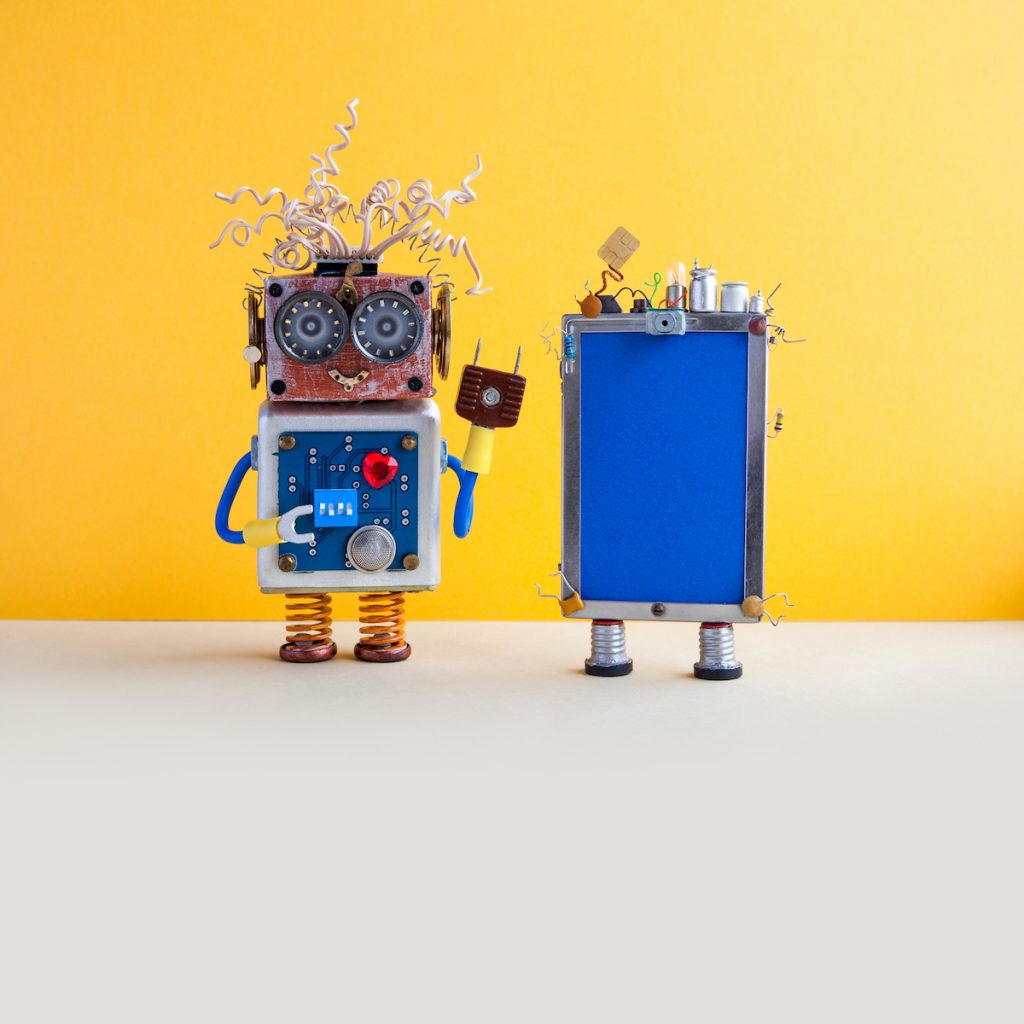I detached a beeping smoke alarm to change the battery a month or so ago. Impossible. Everything in that thing was merged together, welded, glued, screwed, all in one single piece. Despite screwdrivers, hammers, cunning and rage, the battery could not be released from the plastic. Well, finally it could, but then, only molecules were left of the previous smoke alarm. Have you experienced anything similar? There are surprisingly many things that are designed as one single unit where the parts cannot be replaced.
From 1 January, the French government require manufacturers of certain electronic devices, including smartphones and laptops, to inform consumers how their products can be repaired.
Each product is graded in a “repairability index” based on a range of criteria, including how easy the device is to disassemble, access to spare parts, technical documents and so on. The higher the score, the better the repairability and the longer the life of the product.
This is a response to the EU Circular Economy Action Plan, which was released last year. France wants to be first on the ball with a measurable tool that can speed up circularity, because they understand that it will be required if we are to reach the Paris Agreement. And, probably because they understand that it’s a competitive advantage.
Hopefully more countries will adapt the idea. The ambition is of course to encourage manufacturers to design for long durability and for the possibility of repair. Zeros like my former smoke alarm will have a difficult time in the future. And phones where the battery can’t be replaced, or all these machines that cost more to repair than to buy a brand new one. They simply do not fit into the circular reality we are entering.
Because a lot is happening right now. Most things around sustainability are, as we’ve suddenly realized that we are in a hurry. Just a month ago, the Ellen Mac Arthur Foundation launched Circulytics, a tool designed to measure circularity in a broader perspective. It should also be easy to connect to GRI 306, which is long-awaited.
Tip of the day: start exploring circularity right away if you want your company to remain for a few more decades. It has never been easier to fall behind and become irrelevant on the market. Stay away from the zeros.
PS. It is completely normal to think about whether GRI 306 is a Russian special forces unit, or alternatively a serious illness. But it’s easier than that; GRI (Global Reporting Initiative) is a standard for sustainability reporting and GRI 306 is the part that handles waste. We are happy to tell you more about it. DS.

